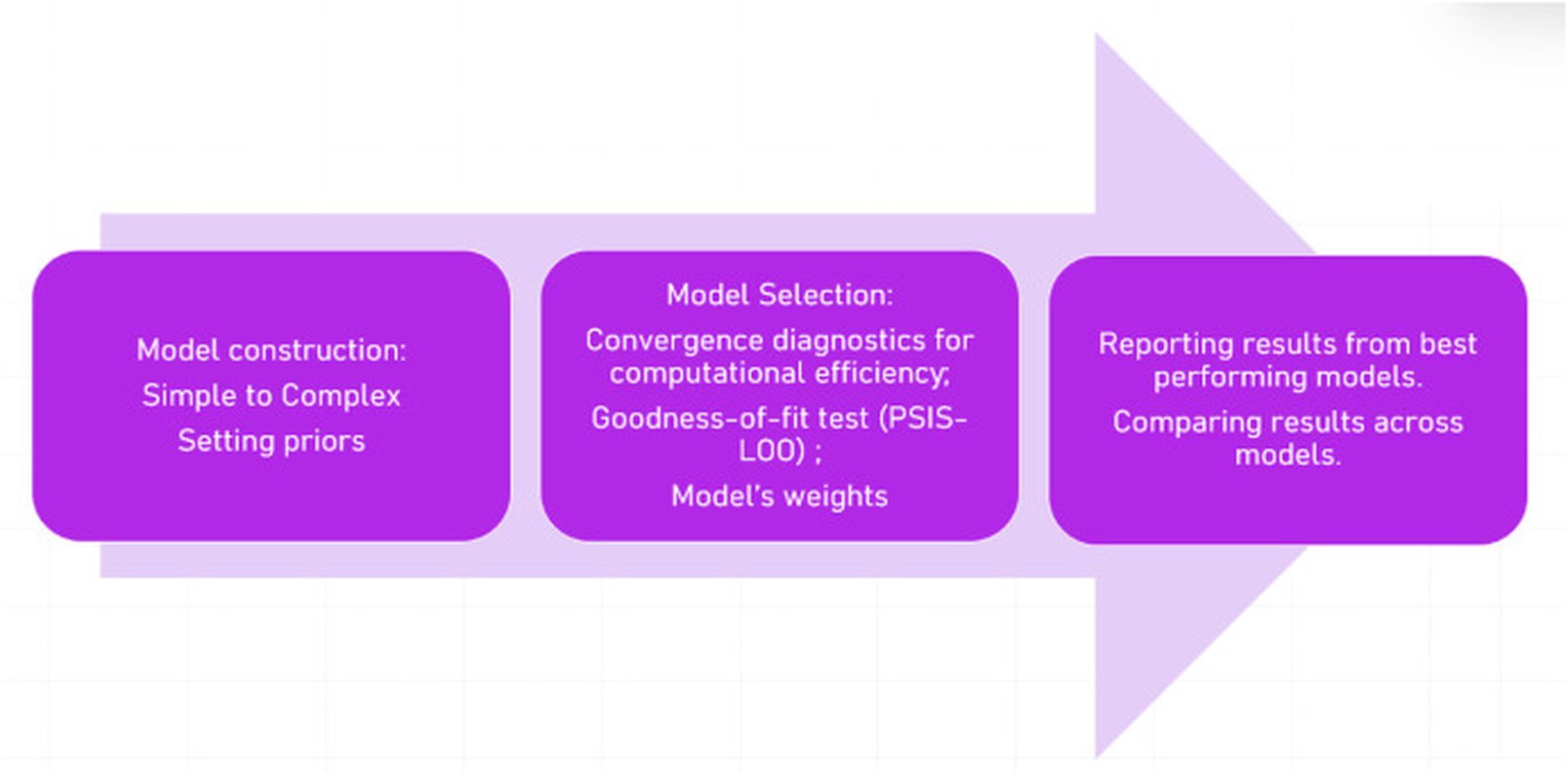- The sociocultural factors affecting Generation Z’s acceptance of AI technology are examined in a recent study from Ritsumeikan Asia Pacific University in Japan.
- Since Gen Z is the demographic most vulnerable to emotional AI, the group thinks it is crucial to conduct research on how popular it is with them.
- The researchers polled 1,015 Gen Z respondents for the study, who came from 48 different countries and 8 different continents.
- Overall, the survey found that more than 50% of participants were concerned about using NCDC, but opinions varied by gender, income level, educational attainment, and religious affiliation.
A recent study from Ritsumeikan Asia Pacific University in Japan looks at the sociocultural aspects influencing Generation Z’s acceptance of Emotional AI technology.
Artificial intelligence that interacts with human emotions, or emotional AI, is expanding swiftly and finding value in a variety of contexts. That stated, it is currently not well controlled and does not take into account cultural differences. The group believes it is essential to research how well-liked it is among Gen Z, the group most susceptible to emotional AI.
The study, which was conducted by a team of researchers from Japan and Vietnam, was published in Technology in Society.
“Emotional AI in Cities: Cross Cultural Lessons from UK and Japan on Designing for an Ethical Life” is the project that the new study was a part of.
Non-conscious data collection (NCDC)
More algorithms are being included in common systems as a result of advancements in their ability to detect and respond to human emotions. Through a method called “non-conscious data collection,” or NCDC, which entails the algorithm gathering information on the user’s heart and respiration rates, speech tones, micro-facial expressions, gestures, and more, emotional AI is made possible. These give the system the ability to assess a user’s mood and tailor the answer.
It’s critical to understand how Gen Z feels about emotional AI because it raises a lot of ethical and privacy issues. The generation Z, which makes up 36% of the global labor force, is likely the group most susceptible to emotional AI.
Emotion AI analyzes facial expressions to guess future attitudes

One of the researchers working on the project was Professor Peter Mantello.
“NCDC represents a new development in human-machine relations, and are far more invasive compared to previous AI technologies. In light of this, there is an urgent need to better understand their impact and acceptance among the Gen Z members,” said Mantello.
What’s the attitude of Gen Z toward Emotional AI?
1,015 Gen Z respondents from 48 nations and 8 areas of the world were questioned for the study by the team. Regarding the usage of NCDC by private and public entities, the participants were questioned. The effects of each variable were then examined using Bayesian multilevel analysis, which was utilized to account for them.
Overall, the study indicated that more than 50% of respondents were worried about using NCDC, but attitudes differed according to gender, income, education, and religion.

The study also included Professor Nader Ghotbi.
“We found that being male and having high income were both correlated with having positive attitudes towards accepting NCDC. In addition, business majors were more likely to be tolerant towards NCDC,” stated Ghotbi.
Midjourney AI: Poets are becoming painters with artificial intelligence
Region and religion, as well as cultural elements, also had an effect on their attitude. Muslims, Christians, and those from Southeast Asia expressed greater worry about NCDC.
“Our study clearly demonstrates that sociocultural factors deeply impact the acceptance of new technology. This means that theories based on the traditional technology acceptance model by Davis, which does not account for these factors, need to be modified,” said Mantello.

The researchers offered a “mind-sponge” model-based strategy that takes socio-cultural considerations into account when gauging the public acceptability of AI technology in response to these worries. It also advocated for a thorough comprehension of the possible threats, which may support efficient governance and moral design.
“Public outreach initiatives are needed to sensitize the population about the ethical implications of NCDC. These initiatives need to consider the demographic and cultural differences to be successful,” said Nguyen.





